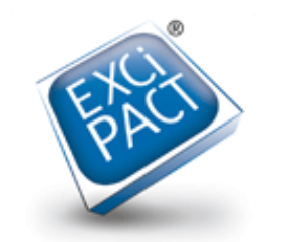If medicinal products are to be of the quality consumers and regulators expect, then the active substances within them need to be manufactured in accordance with Good Manufacturing Practice and their quality and integrity maintained throughout the supply chain through the application of Good Distribution Practice (GDP).
In Europe, the Falsified Medicines Directive (2011/62/EU) amended Directive 2001/83/EC to introduce legal requirements relating to the manufacture, importation and distribution of active substances. Subsequently, in March 2015, the European Commission published its ‘Guidelines on principles of Good Distribution Practice of active substances for medicinal products for human use’ (2015/C 95/01).
Having collaborated to produce a well-received monograph on GDP for medicinal products (revised PQG monograph 4, 2018), the Pharmaceutical Quality Group of the Chartered Quality Institute (PQG) and the ECA Foundation GDP Association (ECA) received several requests for similar guidance on the interpretation and implementation of the regulatory expectations of GDP for active substances. This led to the formation of a small working group and we are delighted to share the news that this has now resulted in the publication of a new monograph (PQG monograph 13).
The new monograph is built around the format and text of the 2015/C 95/01 guideline (presented in blue text) with guidance (black text) provided by experts drawn from the membership of both PQG and ECA. Where appropriate, text from the medicinal product GDP monograph has been reused as many of the same good practices apply to both products and active substances. However, the monograph also reflects the fact the regulatory guidelines for active substances are less detailed and that a risk-based approach allows for some differences. Although based on the European guideline, the advice is relevant to all geographical regions given that today’s pharmaceutical supply chains are frequently global with many distribution steps through which quality needs to be maintained.
This new monograph, which is now available from the PQG Shop, provides a sound basis for the implementation and maintenance of a GDP quality system for active substances with clear responsibilities and processes and the application of risk management principles. It will be of benefit to all involved in active substance distribution activities for initial training, continuing professional development and as a reference source or audit tool.
Thanks to the following for providing their time and expertise to produce this new monograph:
Philip Butson, Prabjeet Dulai, Martin Egger, Afshin Hosseiny, Denise Hosseiny, Saddam Huq, Sue Mann, Stephen Mitchell, Steve Moss, Wolfgang Schmitt and Neil Wayman



